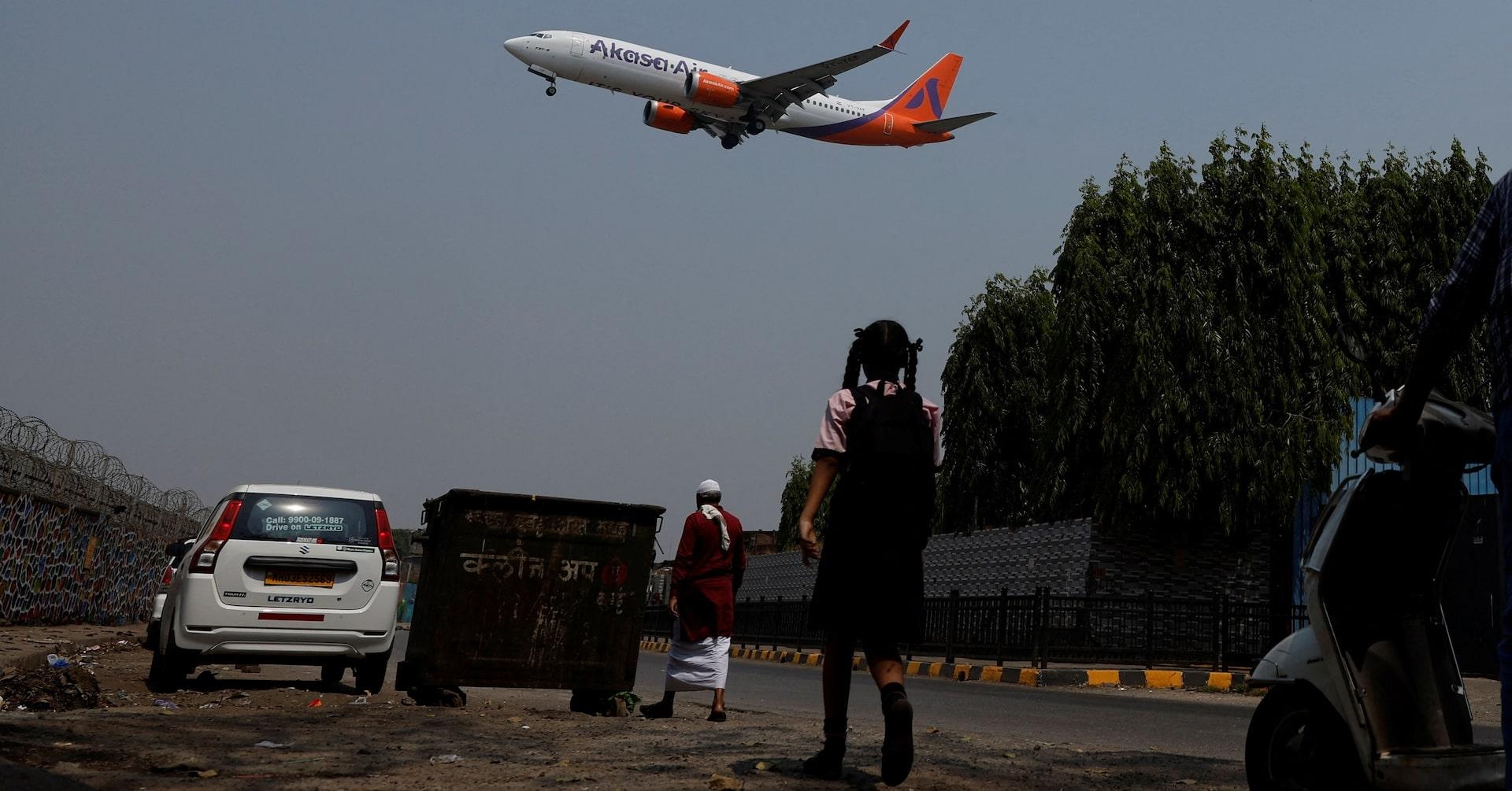AeroGenie — Your Intelligent Copilot.
Trending
Categories
Airlines Consider Legal Action Over Boeing and Airbus Delivery Delays

Airlines Weigh Legal Action Amid Boeing and Airbus Delivery Delays
The global airline industry is increasingly frustrated by persistent delivery delays from major aircraft manufacturers Boeing and Airbus. Traditionally favoring collaboration over confrontation, several carriers are now contemplating legal action as ongoing setbacks threaten their expansion plans and the broader recovery of air travel. Supply chain disruptions, a lingering consequence of the COVID-19 pandemic, continue to impede aircraft production schedules. Airlines report that these delays are constraining their ability to open new routes and meet the surging demand for travel in the post-pandemic era. An industry executive remarked, “We want to work together with manufacturers, but these delays are holding us back. If the situation doesn’t improve, we may have no choice but to pursue legal remedies.”
Compounding these challenges are rising fuel prices and inflationary pressures, which have already compressed airline profit margins. Carriers are resisting attempts by Boeing and Airbus to increase prices on new aircraft, arguing that the combination of delivery delays and cost hikes is placing unsustainable strain on their operations.
Technological Advances and Sustainability Efforts Amid Industry Strains
The delivery issues come at a time when the aviation sector is undergoing rapid technological transformation. Artificial intelligence (AI) is becoming an integral part of airline operations, enhancing everything from flight scheduling to customer service. Industry experts anticipate that AI will play an even more critical role in 2023, assisting with maintenance forecasting and route optimization. However, leaders emphasize the importance of ensuring the accuracy and fairness of AI applications, particularly in safety-sensitive areas.
Simultaneously, airlines are exploring the potential of the metaverse to engage customers in novel ways. Virtual reality platforms are being tested to provide immersive booking experiences, virtual tours, and digital loyalty programs. As consumer familiarity with online virtual environments grows, airlines see opportunities to strengthen brand loyalty and streamline customer interactions through these emerging technologies.
Sustainability remains a central focus for the industry, with significant investments directed toward reducing carbon emissions and improving energy efficiency. Innovations in sustainable aviation fuels, electric aircraft, and optimized flight paths are expected to shape the future of air travel. Analysts predict that advancements in sustainability technologies will be pivotal in 2023, influencing both regulatory frameworks and consumer preferences.
Despite these forward-looking initiatives, the immediate priority for airlines is securing the timely delivery of new aircraft. As negotiations with manufacturers continue and legal options are considered, the industry faces a complex interplay of operational challenges, technological evolution, and shifting customer expectations. The resolution of these delivery disputes will be critical to the pace of recovery and growth in global aviation.
Comments
- W
Wayne De Leeuw
The larger question is when will AI threaten human life? It will also change the dependencies of what humans need. Our lives will be threatened because fewer and fewer jobs will be out there for humans to fill. We are quickly becoming a machine centric world. The machines do standard and mundane functions that humans are accustomed to performing. I would say the first instance of this many years ago was the automated teller machines at banks (ATMs). That resulted in less tellers working at banks. This is quickly effecting many businesses with self checkout machines.

Emirates Unveils Cabin Design for New Boeing 777X

Eighteen Years On, the Airbus A380 Remains Central to a $34 Billion Airline

How a boom in luxury airline seats is slowing down jet deliveries

Navitaire Outage Attributed to Planned Maintenance

DigiYatra Debuts Outside Aviation at India AI Impact Summit

Vietnam Orders Strengthen Boeing’s Commercial Outlook

Airbus Signals Uncertainty Over Future A400M Orders

JobsOhio Awards $2 Million Grant to Hartzell Propeller for Innovation Center

Collins Aerospace Tests Sidekick Autonomy Software on YFQ-42A for U.S. Air Force CCA Program

How the Airbus A350-1000 Compares to the Boeing 777
